Description
Rumi was a 13th-century Persian poet, mystic, and theologian. His teachings inspired people for centuries. He communicated mostly in the poetic form with deep thoughts of love, spirituality, and human beings. Here is an overview of his teachings, mostly found in collections or books inspired by his work:
1. Union with the Divine
An intimate, personal relationship with the Divine is one of Rumi’s central teachings. In fact, he believed that the ultimate purpose of human life is union with God or the divine source of all existence. Far from being a mystical experience, it is actually a process of transcendence in which one may transcend both the ego and the illusion of separation.
Dissolution of the self; merging with the Divine:.
Prominent Works: Masnavi, Diwan-e Shams-e Tabrizi.
2. Love as a means to Spiritual Enlightenment
In the works of Rumi, love can be explained not as love in the modern sense; instead, it is an intense power that shifts one’s mind away from worldly life. His time’s poets often described love as a way to reach God. The intensity and intensity of love lead to weakness and enlightenment.
Important Theme: Love as a Gateway to the Divine.
His notable works include poems to Shams of Tabriz, in Diwan-e Shams-e Tabrizi.
3. The Journey of the Soul
Rumi considers life as a journey in which the soul pursues a return to its source or the Divine. He teaches that this metaphorical journey compares the experience of the soul with a separated reed due to its longing to get back to the reed bed-a symbol of the divine realm.
Leading Theme: Life as a spiritual journey.
Main Works: The exposition of the Masnavi with the story of the reed.
4. Role of Pain and Yawning
Rumi portrayed suffering and yearning as two dominant motifs. For him, suffering was a necessary part of spiritual development, a kind of purification and preparation for a union with the Divine. For Rumi, yearning too was a spiritual condition wherein one continues to search for the Beloved (God).
Main Theme: The pangs of separation from the Beloved due to suffering and yearning are necessary for spiritual wakefulness.
Important Work: Poems.
5. Non-Duality and Oneness
Rumi says that duality-is an illusion. The isolated self versus others or good versus evil is an illusion. He often talks in terms of an underlying unity of all things, where everything is connected in the web of existence, and where opposites merge in the Divine.
Key Theme: Transcending duality in order to see the unity of existence.
Notable Works: Many of his ghazals explore this idea of oneness.
6. The Role of a Spiritual Master (Pir or Guru)
Rumi emphasizes the fact that for the journey towards enlightenment, there must be an appropriate spiritual guide. For Rumi himself, the guiding spirit was Shams of Tabriz, and the master helped him in initiating his spiritual life. Interpersonal contact between the aspirant and the master occupies a significant center place in Rumi’s ideology.
Central Message: The spiritual mentor is to lead the disciple.
Notable Works: Poems to Shams of Tabriz.
7. Silence and Inner Knowledge
Silence, Rumi shows to the role as coming into inner knowing often. For him, real knowledge and consciousness came from within himself and not because others taught but due to some quieting of the mind. An eye was opened for one to hear the divine voice within.
Key Theme: Silence as a path to higher wisdom.
Notable Works: Thematic quatrains and rubaiyat showing inner reflection
8. Heart’s Transmutation and Alchemy
Rumi views human heart as an alchemical vessel that requires love, pain, and practice to cleanse it. For Rumi, the alchemy of the heart becomes the technique that converts base delights into spiritual gold.
Key Theme: Spiritual transformation and purification of the heart.
Notable Works: Rumi employs alchemical metaphors throughout Masnavi.
Key Books of Rumi:
Masnavi (also known as Mathnawi or Masnavi-i Ma’navi: Rumi’s magnum opus, is a six-volume poem often referred to as the “Quran in Persian.” It is a collection of stories, moral teachings, and mystical insights.
Diwan-e Shams-e Tabrizi: A collection of lyric poetry which are passionate outbursts by Rumi regarding his love and devotion for his spiritual teacher, Shams.
Fihi Ma Fihi: A compilation of prose discourses carrying more direct illumination of his thoughts into the realm of topics ranging from any aspect.
Rubaiyat: Quatrains attributed to Rumi, the writings full of mysticism, wisdom, and reflection on the nature of life and love.
The works of Rumi have nothing to do with spirituality; he talks of issues familiar to human nature: love, suffering, joy, and the quest for meaning. His teachings cross religious and cultural boundaries, a lesson still being loudly echoed by readers in different parts of the world.

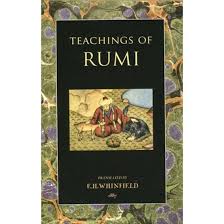
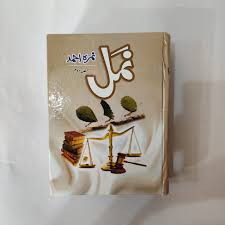
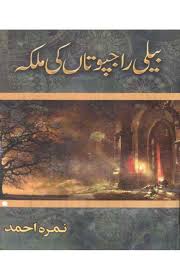
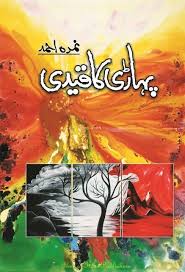
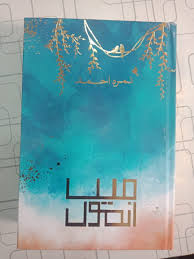



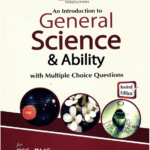
Reviews
There are no reviews yet.